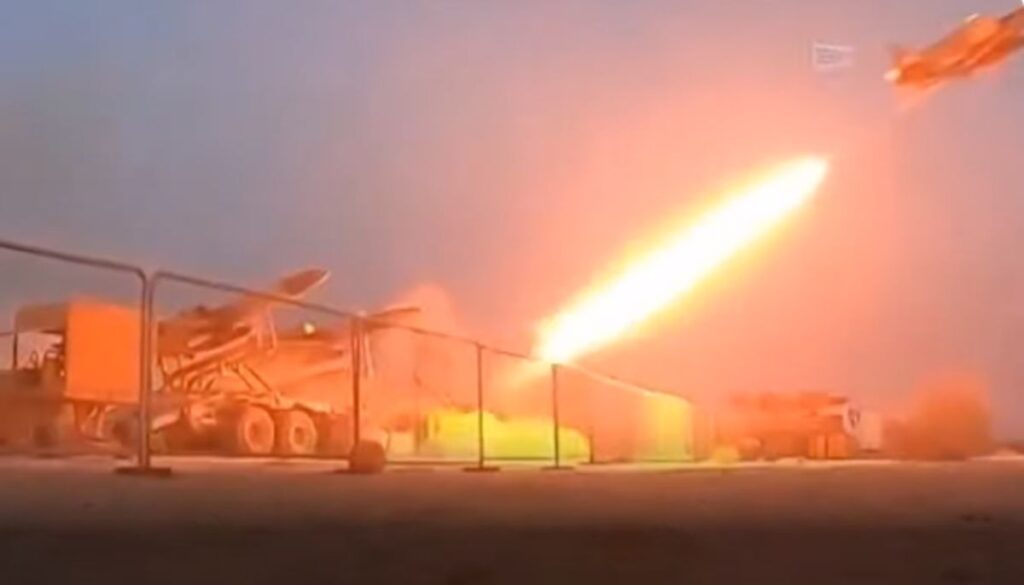The delicate balance between Pakistan and Iran war, long strained by complex regional dynamics, appears to be teetering on the brink as tensions rise.
This simmering unease has spilled over into the financial sphere, sending shockwaves through Pakistan’s already vulnerable stock market. With economic woes deepening and fears of conflict escalating, we delve into the live updates of this volatile situation, analyzing its impact on both markets and the wider economy.

Pakistan launched strikes inside Iran on Thursday, aiming its weapons at Baloch militants. Iran claimed to have targeted another group within Pakistani borders just two days before to this. According to Iranian media, at least nine people were killed after multiple missiles struck a village in the Sistan-Baluchestan province. According to early accounts, among the dead were four children and three women who were not Iranians. Although there has never been an easy relationship between Pakistan and Iran, these strikes are the biggest cross-border incursions in recent memory.
In a statement, Pakistan’s foreign ministry described the strikes as a “series of highly coordinated and specifically targeted precision military strikes against terrorist hideouts.” They made it clear that Pakistan upholds Iran’s territorial integrity and sovereignty in full.
The ministry went on to say that the operation’s primary goal was to protect Pakistan’s security and national interest, which they view as indisputable. Iran called for an explanation from Pakistan’s charge d’affaires in Tehran and vehemently denounced the strikes. Anwaar-ul-haq Kakar, the acting prime minister of Pakistan, has made the decision to leave the World Economic Forum in Davos and head back home.
Pakistan and Iran war fuels concerns about escalation
Pakistan’s remarks following its counterattacks indicate that it wants to control the conflict. Analysts cautioned that it might get out of control, though. Asfandyar Mir, a senior researcher on South Asia security at the US Institute of Peace, told Reuters that “Iran’s motivation for attacking Pakistan remains opaque but in light of broader Iranian behavior in the region it can escalate.” “What will cause anxiety in Tehran is that Pakistan has crossed a line by hitting inside Iranian territory, a threshold that even the US and Israel have been careful to not breach.”
Iran’s counterattacks by Pakistan, China proposes to defuse tensions by acting constructively.
Following two days of missile attacks against each other, China on Thursday offered to play a “constructive role” in easing tensions between Pakistan and Iran and urged both nations to “exercise restraint and calmness and avoid escalation.” Nine individuals were killed early on Thursday morning when Pakistan launched “precision military strikes” against what it described as “terrorist hideouts” in the Iranian province of Siestan-Balochistan. The strike was perceived as a reprisal for Iranian drone and missile strikes on Tuesday that struck two bases of the Sunni militant organisation Jaish al-Adl in the lawless province of Balochistan, Pakistan.
China is in a unique position as a result of the assaults since Pakistan is an ally that it can rely on no matter what, and Tehran has recently warmed up to Beijing, allowing China to increase its influence throughout West Asia. China also purchases a sizable quantity of oil from Iran.
People survey the debris following Pakistan’s military operation in Iran
On January 18, 2024, following Pakistan’s military attack on an Iranian village close to Saravan in Sistan and Baluchestan Province, Iran, people examine the debris.
Iran tensions cause economic problems and tremble Pakistani stocks and bonds.
Hussain AbidHussain AbidReporting from Pakistan’s IslamabadThe announcement of strikes on Iran caused the Pakistan Stock Exchange (PSE) to drop 1,000 points this morning. The PSE did, however, recover later in the day and close with a gain of almost 650 points. Before reaching a $3 billion deal with the International Monetary Fund last year, Pakistan was in danger of defaulting.Its economic indices have gradually improved over the last six months, with inflation, which dropped from a peak of 38% to 29%, among them.










